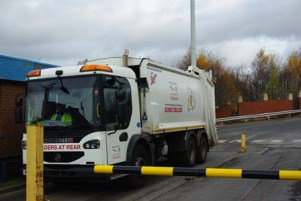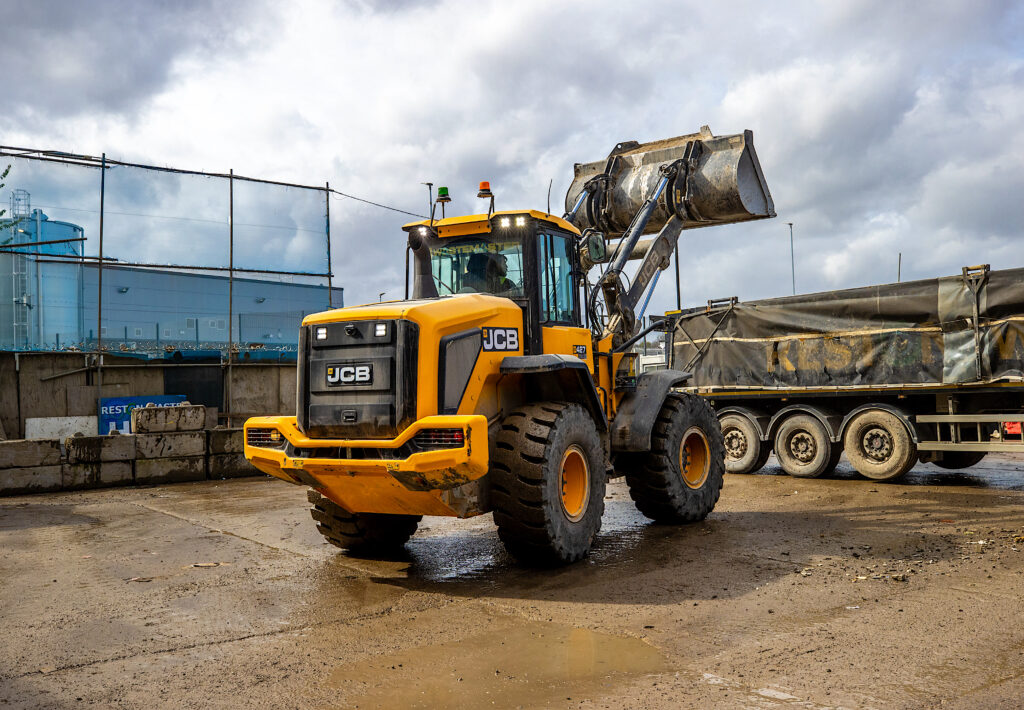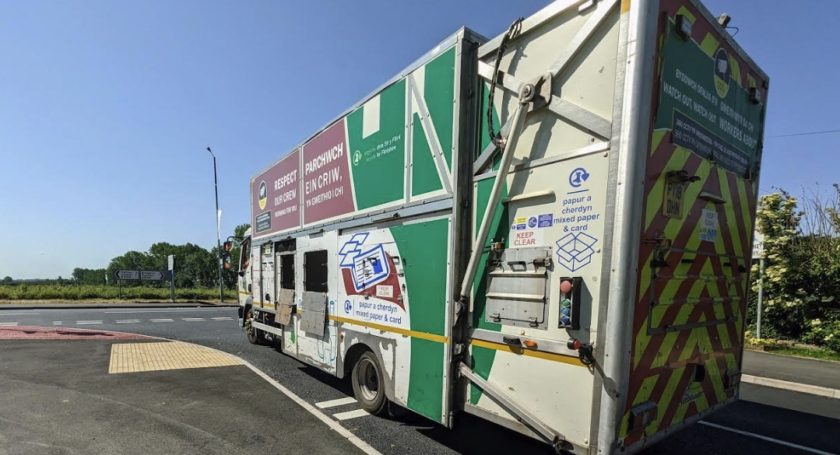The National Measurement Office (NMO)s Weighbridge Project report covering the 2011-2012 financial year found that 25 weighbridges 16.9% were outside the legal tolerance of accuracy, compared to the previous years findings of around 25.5%.

The legal tolerance of accuracy for weighbridges is stipulated in the Non-Automatic Weighing Instrument Regulations 2000.
Weighbridges are large scales used in the waste industry to weigh vehicles and measure the amount of material they are carrying. The resulting measurements determine how much landfill tax local authorities have to pay.
However, if weighbridge tests use incorrect weighing equipment and give inaccurate measurements, it can result in local authorities paying incorrect levels of landfill tax. Inaccurate weighing can also result in damage to road surfaces and bridges due to overloaded lorries.
The aim of the Weighbridge Project is to show the importance of weighbridge accuracy and the impact errors can have on the environment, the cost to businesses and to local authorities by collating weighing information from local authorities across the UK.
In particular it is designed to ensure that councils have effective information on which to base landfill charges, landfill tax and recycling targets.
The report states: There was a significant reduction in the number of weighbridges tested that were found to be outside the legal tolerance, from 25.5% in Phase 1 of the Project to 16.9%. A 16.9% failure rate is, however, still a matter for concern.
The NMO noted, however, that 148 weighbridges were tested in the latest report less than half of the 352 tested in the previous report covering the 2010-2011 financial year.
The 2010-2011 report tested 352 weighbridges at landfill and recycling centres and found as many as 90 around 25.5% to be outside of the legal tolerance of accuracy, which the report described as unsatisfactory. The latest report has been published to determine any changes in the level of compliance for 2011-2012.
Report findings
According to the latest report, 21 local authorities took part in the project, for which 11% of weighbridges tested were at landfill sites, 35% at recycling sites and 54% at mixed use sites.
More than 70% of the weighbridges tested in the report had regular checks from service engineers and the average value of transactions across the weighbridges tested ranged from 50 to 5000.
Also, some weighbridges were cleaned every day while others were never cleaned, but the report found that an instrument weighing in excess of 500kg did not benefit from regular cleaning.
Inspecting officers were asked to give a subjective rating of the condition of weighbridges that they had tested, which were then collated with the following results:
- 32.4% rated very good.
- 45.3% rated good.
- 18.9% rated ok.
- 3.4% rated poor.
- 0.7% rated very poor.
The report states: Weighbridges are an important class of weighing instrument which play a pivotal role in the recycling economy.
16.9% of weighbridges tested were outside the legal tolerances and this is a significant improvement from last year. Whilst it is still a high failure rate, it suggests that planned and targeted inspectional work is effective.
The report is available on the National Measurement Office website, or by clicking here.











I appreciate your writing skills and knowledge you shared through this article. I must say you are genuine reader and you will be always looking for new information to write such excellent articles. our blog can give some more details about weighbridges and I am sure you will like to read it.